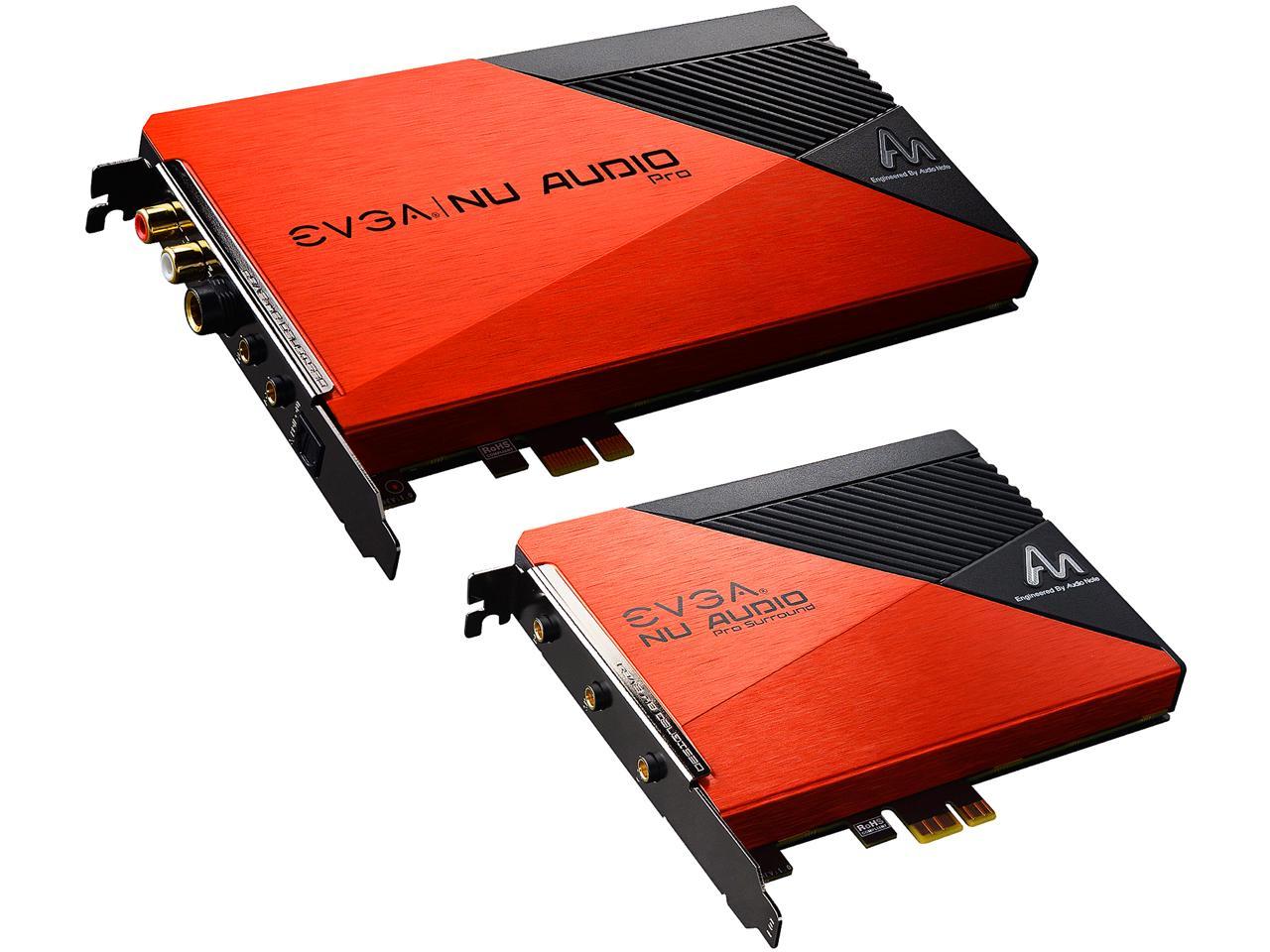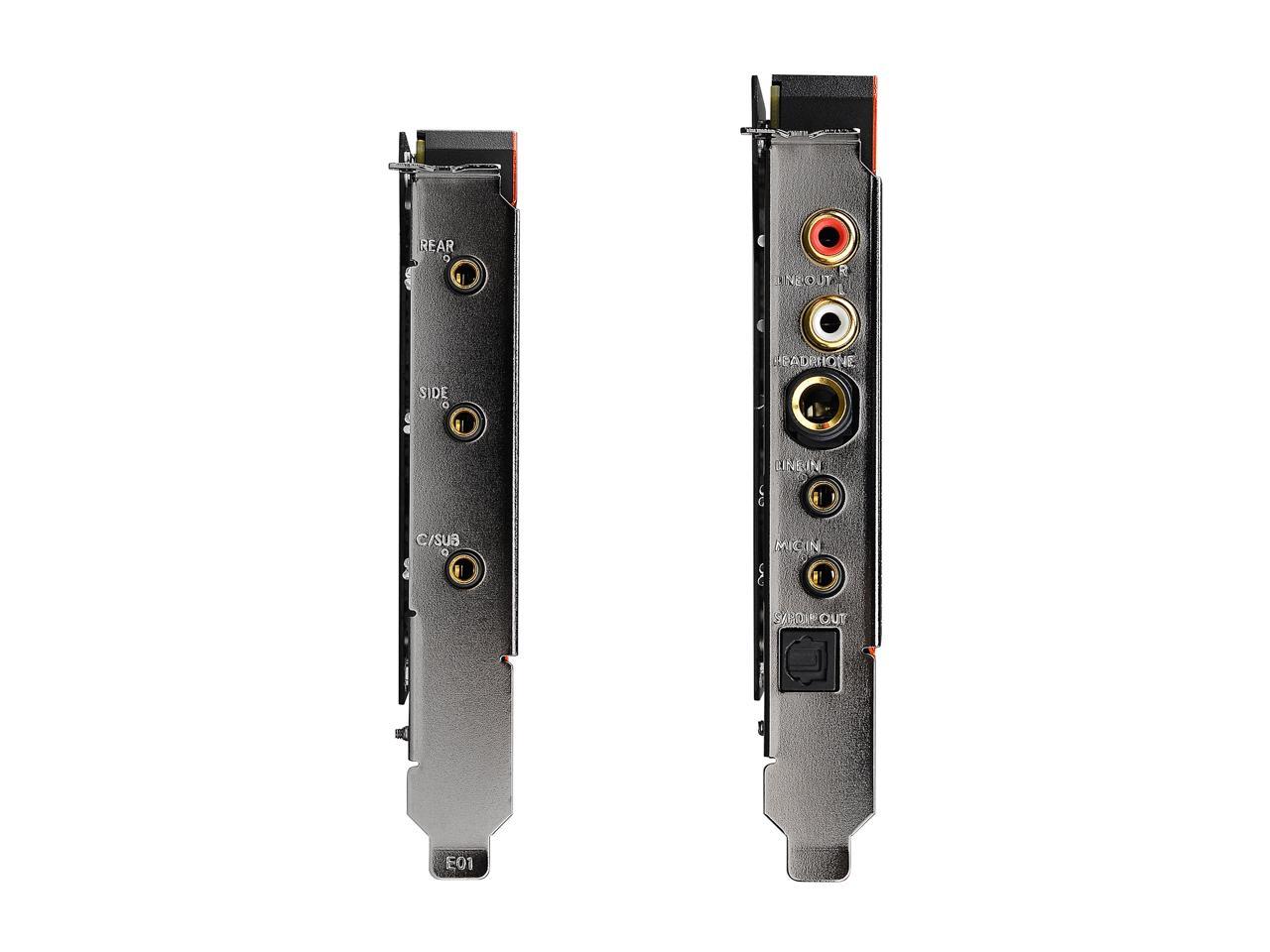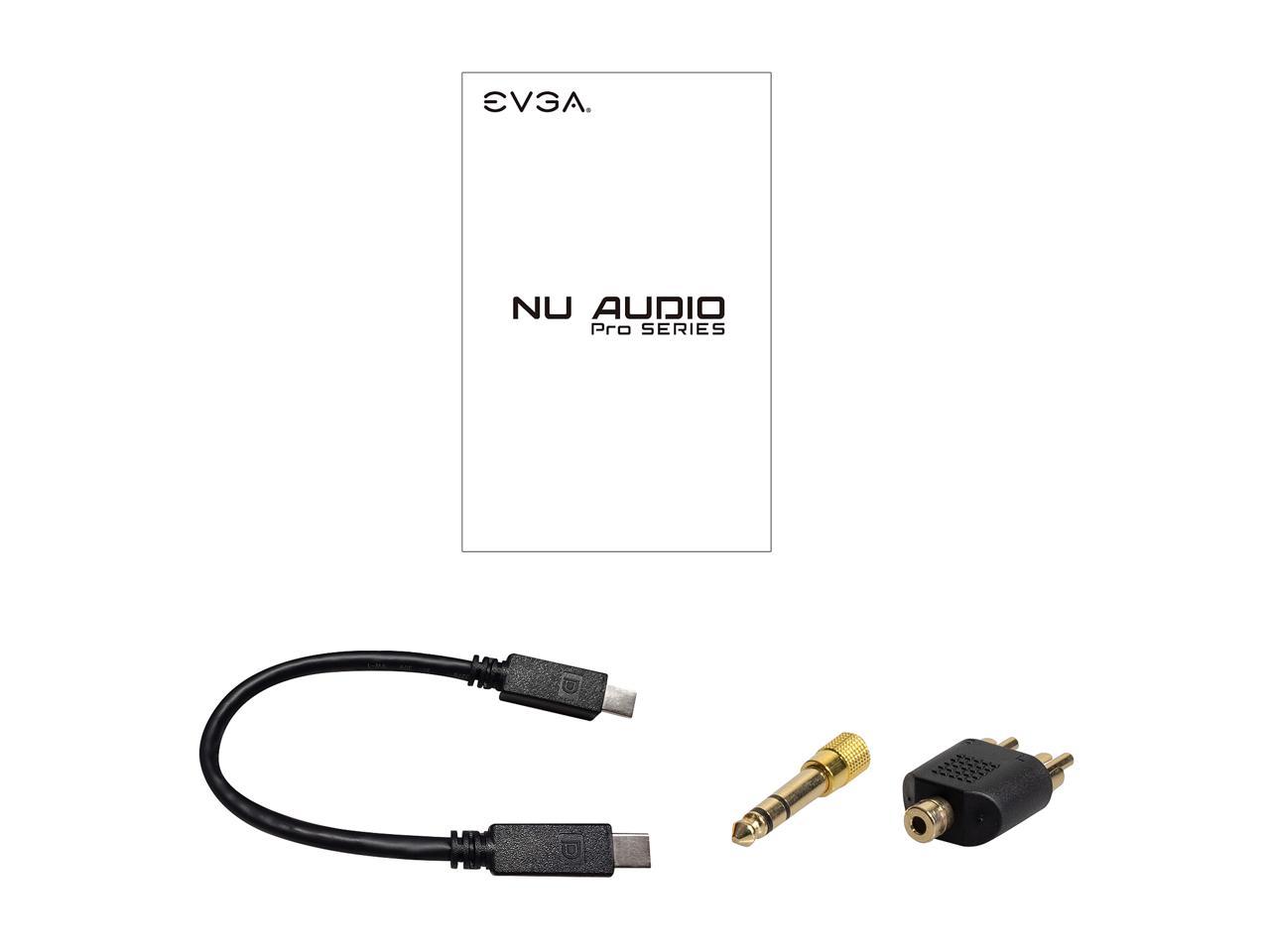I made an account just for this.
Long time lurker (~10+ years).
What has happened to this website? It used to be the holy mecca of hardware reviews.
Who DOESN'T need a sound card?
Look at the board youre testing. Only manchildren buy these things (Yes, $200 boards are worthless). Everyone will see a substantial benefit with a sound card. Ive had Asus STX I for a few years now and it is a total game changer. Its amazing how you play it off as if a motherboard will EVER come close to a dedicated sound card - It wont. A sound card isnt priced out of peoples budgets. Nor are a pair of quality cans.
You spend 2-3x as much on a high quality video setup as you would with a high quality audio setup.
With how far motherboard audio has come in the last decade, we went on a quest to determine the best audience for the EVGA Nu Audio Pro sound card.
EVGA Nu Audio Pro Review: Who Needs a Sound Card in 2020? : Read more
Changed? Sound cards haven't changed much at all. There haven't been many sound card releases whatsoever in the past ten years. What are you referring to? Pointless filler comments? What is this. How are you even an administrator on this website?
There was no secret that with cheap audio equipment is difficult to see any improvements over the on board audio but it's always useful to remind this to some readers.
Totally incorrect. Have you ever even used a sound card? Or a motherboard? Or do you exclusively buy $200+ boards which I guarentee you still cannot come anywhere close.
I think the most likely person to buy a sound card right now is probably a streamer or somebody with a podcast.
Anyone that knows better will buy into a high quality audio setup.
Most the audiophiles I know would never buy a $200 sound card... It could be the highest quality thing in the world, but it would somehow sound too "cheap" for them.
This is because sound cards are typically reserved for games, and DACs are reserved for music. DACs are pretty much isolated from all electrical noise and I've never seen one set up for more than 5.1.
Sound cards on the other hand are able to drive 7.1, and are used for video games.
An "audiophile" isn't judging the sound quality based on a game. The game would more than likely be the limited factor in 99% of the case.
--------------------------------------------------------------------------------------------------------------------------------------
Nice to see a review of a sound card !
years ago i invested in a sound blaster Z + a 2nd hand audiophile headphones (philips Fidelio X2)
400$ CAN total and I have never been more pleased. beats out my old kit from like 15 years ago (creative megawork 550 + audigy ZS set).
good heaphones feels like the noise is coming from reality. it's doesn't feel like you are wearing a pair of headphones.
as for the review, i would have like to see it compared to say a sound blasterZ wich is 2-3 times cheaper.
This seems like the only post thats worth reading. Even the entire article. Throw it out. Put someone in charge who knows what theyre talking about.
This website has really lost its credibility the last few years.





